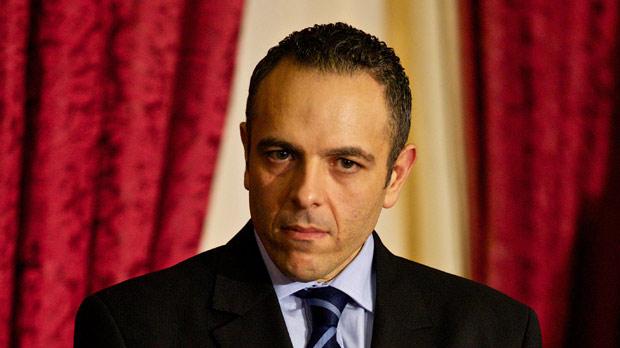
There’s more to take out of Keith Schembri’s testimony yesterday. None of this is necessarily new as such. And these specific observations may not make an enormous difference to the inquiry’s search for any share the state may have had in allowing Daphne to be killed.
But Keith Schembri’s testimony is also an eye-witness account of Joseph Muscat’s government and yesterday was one of those rare occasions when we heard him speak at length, revealing, perhaps unintentionally, his frame of mind.
To begin with, Keith Schembri made it very clear yesterday that for him, his stint as prime minister’s chief of staff was always meant to be short and transient. Public service was not his vocation. He was a committed partisan to be sure, but since before 1996, his focus has been on business, on making money.
Nothing wrong with wanting to make money, especially if you know how to do it. He did. And though Keith Schembri is clearly a poor example, I do not mean to suggest that I think people in business are necessarily deprived of ethics or that I think making money is somehow distasteful or objectionable.
I am saying something that perhaps Keith Schembri yesterday also acknowledged: “There were times when I wanted to go back to the business world. Perhaps what I did wrong was to go on thinking like a businessman. I used to tell Joseph Muscat that my time in politics would be temporary. I was a businessman who entered politics, not the other way around.”
“Perhaps what I did wrong was to go on thinking like a businessman,” he said. I’m afraid that’s a yes, Keith Schembri. And not quite the right sort of businessman.
“What’s wrong about opening a company in Panama?” he asked rhetorically in court yesterday. “To me, coming from the business world, it was normal.”
He patronised his interlocutor, Therese Comodini Cachia yesterday, saying she wasn’t understanding (since she is not a businessman). “These structures work this way. Many Maltese complain about the tax imbalance in Malta (foreign firms get tax rebates, while local ones do not).”
Oh silly us. There we were thinking that it is “normal” to open a Panama company so that you can avoid paying taxes in Malta. Or is that what Keith Schembri was still saying?
Malta charges the same rate of tax to businesses of all shapes and sizes. But it gives back most of the tax paid by owners of Maltese companies that do not live here. We do that so that we can encourage tax-payers of other countries to use Malta to avoid paying a lot of tax in their own country and pay instead very little to us.
That is ethically problematic. Surely the German government needs all the tax money it can get to pay for the needs of the people it is responsible for. When we get the German owner of Maltese company to pay tax here instead we help them avoid paying the tax they should be paying in their country.
What Keith Schembri is complaining about here is that while we allow German taxpayers to avoid paying tax in their country, fairness requires us to let him avoid paying tax in Malta. That’s why he went to Panama because there they help him hide his money from the Maltese tax-man even more tightly than we help the German business owner hide their money from the German tax-man.
This, according to Keith Schembri, is “normal” for people in business. That’s so unfair, though isn’t it? Most of us can’t hide our income, small as it is, from our tax-man. But business people, who owe much more than we do, manage to hide their money outside. At least judging by Keith Schembri’s account it is “normal” for them to do that.
So do I get this right? Only people with little money pay tax in Malta, and people who earn a lot of it don’t? He should know? He was the government.
We’re not here judging the failure of businessman Keith Schembri to understand the social and ethical obligation incumbent on everyone to contribute, in proportion to their means, to the well-being of their community by paying all the tax they owe. Here we’re judging Keith Schembri carrying just that failure into the very highest level of government, the government to whom the tax he is openly avoiding to pay is owed.
The masked thief has been made bank manager.
Even now, after 7 years in public service, resorting to tax money to undertake the initiatives and the projects his job was to deliver in the public interest, Keith Schembri still does not realise that paying taxes is a moral imperative. On the contrary, he mocks in court the lawyer who asks him to justify why he would hide his money from the Maltese tax authorities.
Because, if only she knew, that is what businessmen normally do. They “only want to get their funds out of Malta ASAP.”